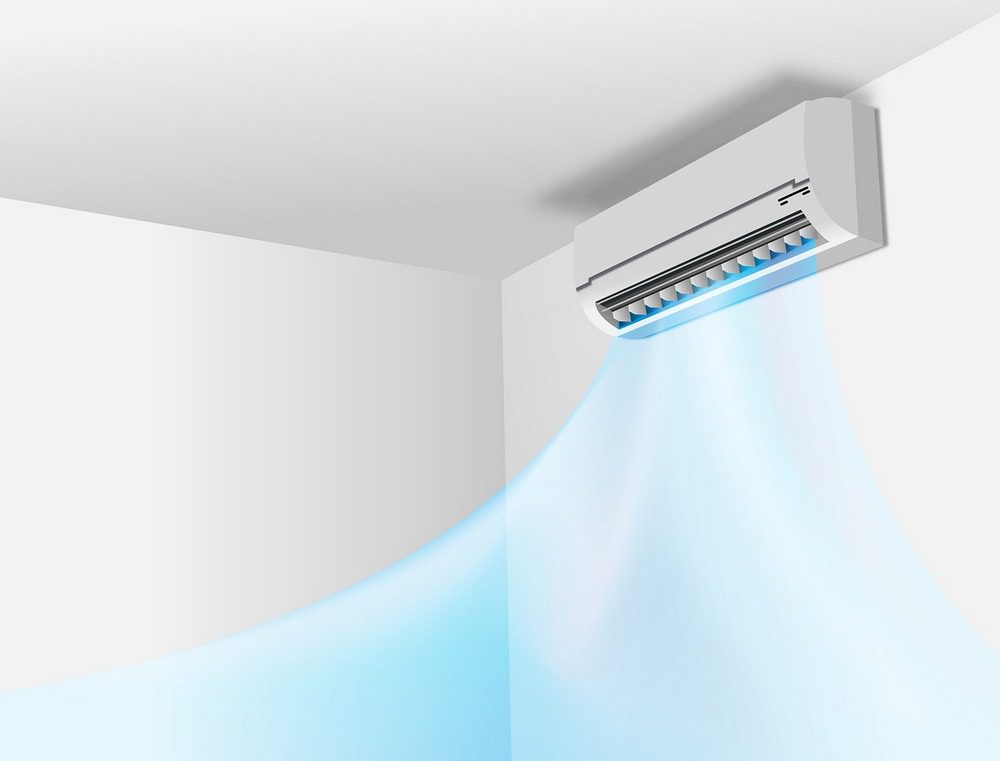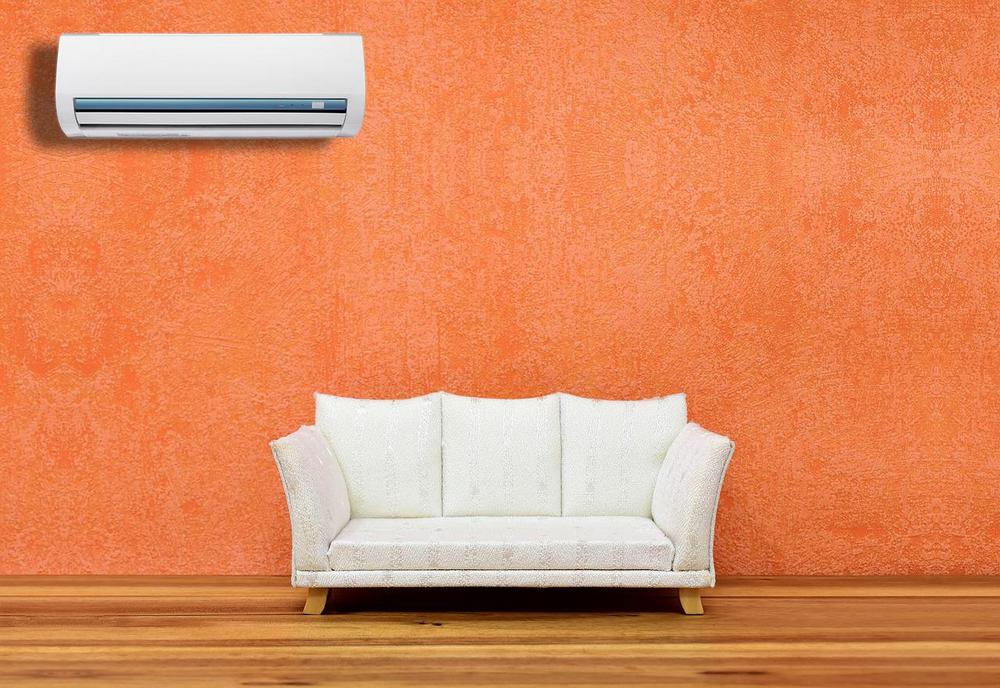Last Updated on October 30, 2025 by teamobn

Whether it’s through a blistering hot summer or a frigid winter, your HVAC system keeps you comfortable throughout the year, which is why It requires regular maintenance. Regular professional HVAC maintenance prevents expensive breakdowns, reduces energy bills, extends your system’s life, and ensures warranty protection. Preventive HVAC maintenance can help you safeguard your loved ones against carbon monoxide risks which could be due to a failed or cracked heat exchanger.
The maintenance check usually includes carbon monoxide testing, helping you detect potential hazards and correct them before escalating. A well-maintained HVAC system utilizes less fuel, reducing your carbon footprint. Discussed below are nine AC maintenance tips for homeowners.
- Ensure a regular service schedule
A regular air conditioner service ensures even and steady production and cool or warm air distribution. This service keeps your system in top-notch condition and helps identify potential problems before they occur, allowing you to fix them sooner before they get out of hand and cost you more. Getting professional AC tune-ups at least twice a year ensures the system’s optimal performance.
An experienced HVAC expert lubricates all the moving parts, checks thermostat settings, and calibration tightens electrical connections as required, inspects the condensate drain and cleans as needed, and looks at refrigerant charge and fuel line connections. They also inspect burner combustion, gas pressure, and heat exchanger, clean condenser and evaporator coils adjust blower components and conduct HVAC repairs.
- Change your air filters regularly
Clean air filters eliminate dust and other contaminants from your indoor space, improving indoor air quality. Over time, air filters become clogged due to dust, particles, debris, and other dirt. The dirt buildup causes your air conditioner to work extra hard, increasing your energy bill and the risk of frequent breakdowns. Regular air filter changes keep your AC running at its peak, lowering your energy usage.
Air filters safeguard your heating and cooling system from dust and dirt particles that collect on fans, motors, and other moving parts, keeping it clean and prolonging its life. While standard air filters reduce dust levels when changed regularly, they aren’t meant to filter bacteria, smoke, or dander. Consider using HEPA filters as they have densely packed layers of fiberglass that trap almost 100% of even the smallest particles.

- Leave the air vents open
Closing AC vents increases the conditioned air usually wasted through duct leaks. It doesn’t save energy costs. Closed vents block cool air and reduce the system’s performance level. If you want maximum efficiency and avoid overloading your AC, consider keeping all vents open to keep them free from potential airflow obstructions.
Closing air vents doesn’t imply you’re sending less air into your home. The cooling fan continues working, damaging the ductwork and air conditioner. As a result, air leaks begin, and the more vents you close, the higher the pressure you’ll put on the system, resulting in more leaks.
- Remove clutter around the exterior condenser
Keeping the area around your condenser unit cluttered collects dirt that eventually enters the vent system, reducing air circulation in the surrounding area and impacting the system’s efficiency. Your outdoor condensing unit should be clear and free of obstructions for operational efficiency. Trim all plants, flowers, trees, and shrubs to ensure the maximum condenser airflow.
If there’s visible debris, dust, dirt, pollen, or leaves on the condensing unit, use a vacuum brush attachment or soft broom to clean it gently. Remember to turn off the power to the condenser unit before beginning the cleaning process. Consider getting your condenser professionally cleaned to ensure its safety.
- Seal your home from income drafts
Air leaks within your home rob your AC of its full potential as the heating and cooling are lost. Before turning on your air conditioner, close windows and doors and consider weather-sealing your home. Add weather strips to your door to avoid cold air leaks. You may also upgrade to more energy-efficient windows to avoid losing heating and cooling. The most common draft places are chimneys, windows, doors, attics, basements, and electrical outlets.
- Keep the evaporator and condenser coils clean
Good heating and cooling system maintenance involves keeping your evaporator and condenser coils clean to ensure smooth airflow. When your unit no longer powers on, it’s a sign that your coils are blocked. Coil cleaning is a quick maintenance hack that requires you to follow instructions to prevent damage and high replacement costs. If not cleaned, the dirt reduces airflow, insulates the coils, and impairs their function optimally. It may also result in condenser damage. If you want to clean yourself, consider buying foaming sprays for AC coils. You can also opt for a professional coil cleaning service.
- Keep the condensate drain lines clear
Check the AC’s condensate drain lines to ensure they aren’t clogged. When your AC is running, these lines pick and transport moisture from your home’s air and to the outdoors. When blocked, condensate drains can negatively impact your AC’s performance and increase the humidity that may leave marks on carpets and walls. Unlike the older units, which need a manual check, some of the latest AC units have sensors to notify you when the right time to clean the condensate drain comes.
- Clean and repair ductwork
Sealing and insulating ducts to prevent air leaks is a vital AC maintenance step because your home may lose a considerable percentage of its air through ductwork holes and leaks. Consider applying duct sealant specifically meant to repair leaky air ducts to ensure they’re airtight. If there are significant leaks in the ductwork or you aren’t comfortable doing it, hire an AC technician.
But, you can also enrol in online courses for home repairs to gain confidence. These online courses offer a structured and informative learning experience, covering a wide array of topics related to home repairs including AC repairs.
- Assess your thermostat
Checking your thermostat helps you optimize its functioning to ensure your home remains at the right temperature. If your thermostat is older, upgrade to a smart, programmable one to set higher temperatures when you’re not home and cool it just before you arrive. This ensures that your AC doesn’t have to run when no one is home, saving energy and reducing energy bills.
Endnote
Your air conditioner works to meet your home’s ideal temperature. Use these AC maintenance tips to keep your system in pristine condition. If, even after proper maintenance, your air conditioning unit’s efficiency doesn’t improve, consider replacing it.






